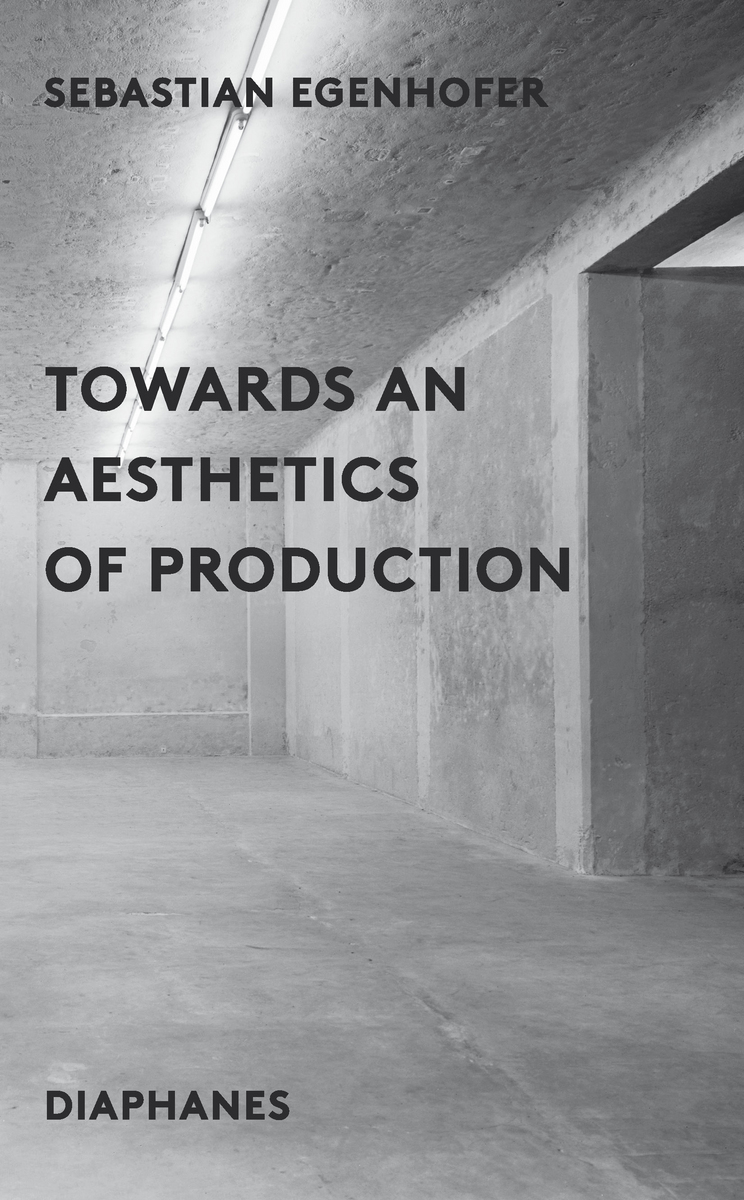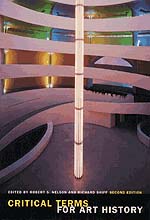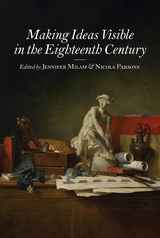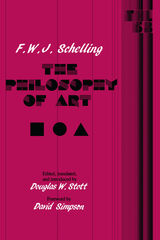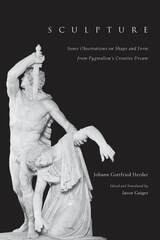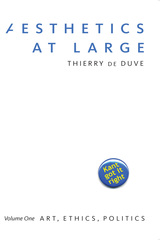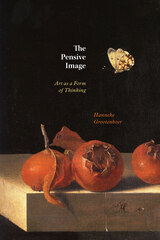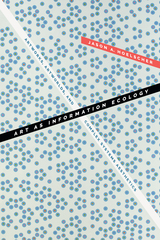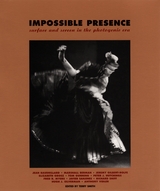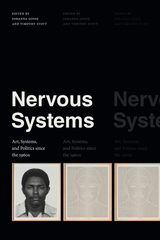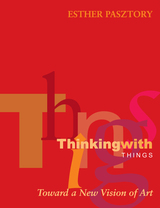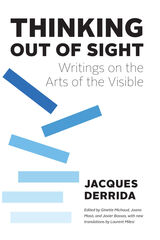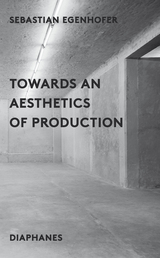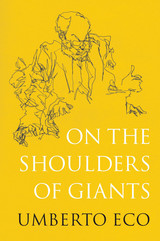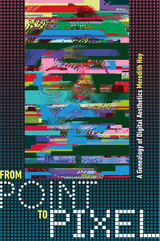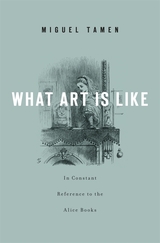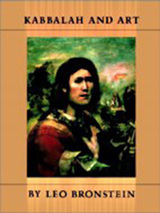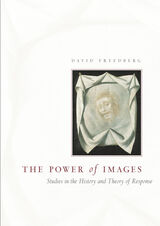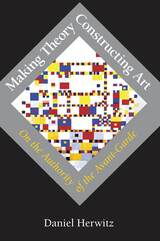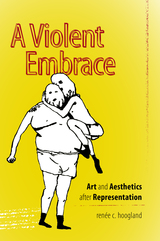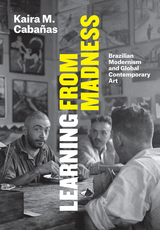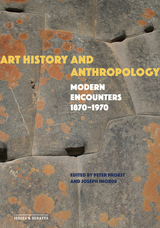Towards an Aesthetics of Production
Diaphanes, 2017
eISBN: 978-3-03734-886-4 | Paper: 978-3-03734-885-7
Library of Congress Classification N68.E3813 2017
See other books on: Aesthetics | Aesthetics, Modern | Art | Production | Towards
See other titles from Diaphanes
eISBN: 978-3-03734-886-4 | Paper: 978-3-03734-885-7
Library of Congress Classification N68.E3813 2017
ABOUT THIS BOOK | AUTHOR BIOGRAPHY | TOC
ABOUT THIS BOOK
Throughout the twentieth century, art history has been too narrowly focused on formalism. As a result, analyses regularly reduced works of art to their materials, texture, and composition. By contrast, art historian Sebastian Egenhofer takes Gilles Deleuze’s readings of Spinoza, Nietzsche, and Bergson as the basis for a new resistance to the overly reductive account of art history.
After laying out his argument for a new aesthetics of production in introductory chapters that discuss the work of Spinoza, Nietzsche, and Bergson, as well as Heidegger and Kant, Egenhofer applies this theoretical framework to case studies on Michael Asher, Marcel Duchamp, Thomas Hirschhorn, and Piet Mondrian. An aesthetics of production does not, he argues, imply a nostalgia for the artisanal or for a work of art’s singularity, but a way to bring together elements of critical materialism with a thorough reevaluation of the modern art and abstraction.
After laying out his argument for a new aesthetics of production in introductory chapters that discuss the work of Spinoza, Nietzsche, and Bergson, as well as Heidegger and Kant, Egenhofer applies this theoretical framework to case studies on Michael Asher, Marcel Duchamp, Thomas Hirschhorn, and Piet Mondrian. An aesthetics of production does not, he argues, imply a nostalgia for the artisanal or for a work of art’s singularity, but a way to bring together elements of critical materialism with a thorough reevaluation of the modern art and abstraction.
See other books on: Aesthetics | Aesthetics, Modern | Art | Production | Towards
See other titles from Diaphanes
